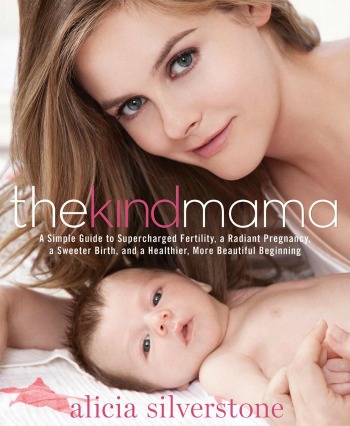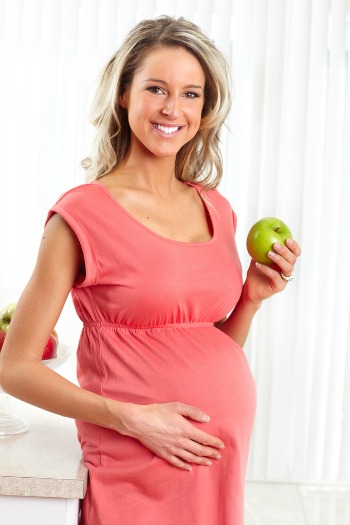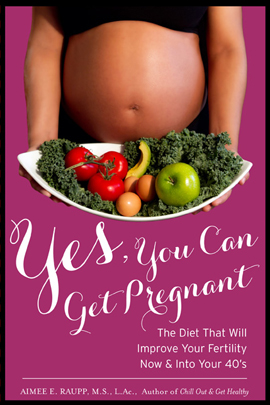 Alicia Silverstone is known for many things, like being an actress, star of Aerosmith videos, vegan, and champion for the environment. She is not, however, a licensed physician or even a wise shaman, though in her new book, The Kind Mama, she’s giving advice that has our experts seeing red and shouting, “As if!”
Alicia Silverstone is known for many things, like being an actress, star of Aerosmith videos, vegan, and champion for the environment. She is not, however, a licensed physician or even a wise shaman, though in her new book, The Kind Mama, she’s giving advice that has our experts seeing red and shouting, “As if!”
A few eyebrow-raising comments from the book include, “Bananas are a naughty food for a baby,” “Dairy leaves toxic sludge in your baby house (uterus),” “The diaper industry is fueled by corporate-backed pseudoscience,” and also, pretty much everything she talks about in the book is “yummy.”
We’ve been HERE before
This is not the first time the Clueless star has been in the news for her nontraditional parenting style. Wait, I didn’t mean to call her clueless, I meant she was in the 90s cult classic movie, Clueless. Actually, come to think of it, either way that sentence works. Anyway, there was that time she chewed up her toddler’s food and fed him from her own mouth, baby bird style. Then, she admitted to eating her own placenta after his birth. She didn’t just reach down, grab it and munch on it. It was in pill form, so it’s totally not weird.
Did she really just go there about infertility? Yep, she did.
I believe Alicia had good intentions when she wrote this book, but she has to know that some of her claims will be challenged. It’s widely known that our managing editor, Brandi Koskie, had infertility issues before giving birth to her daughter, so when she read Alicia’s one-size-fits-all fertility rule about simply “cleaning up your baby house,” “having lots of yummy sex,” and avoiding fertility drugs, she had a swift response:
“Doesn’t that just sound delightful and peachy keen? Well, I’m here to tell you that Alicia is delusional. (more…)







 It’s one of the most natural desires a woman can have – to start a family. And when
It’s one of the most natural desires a woman can have – to start a family. And when 